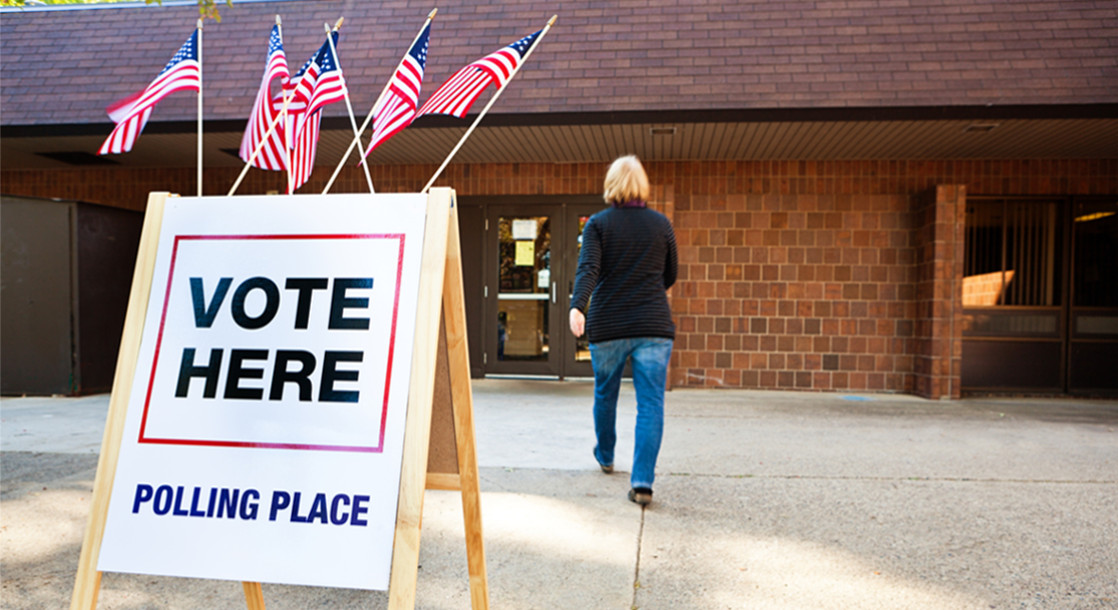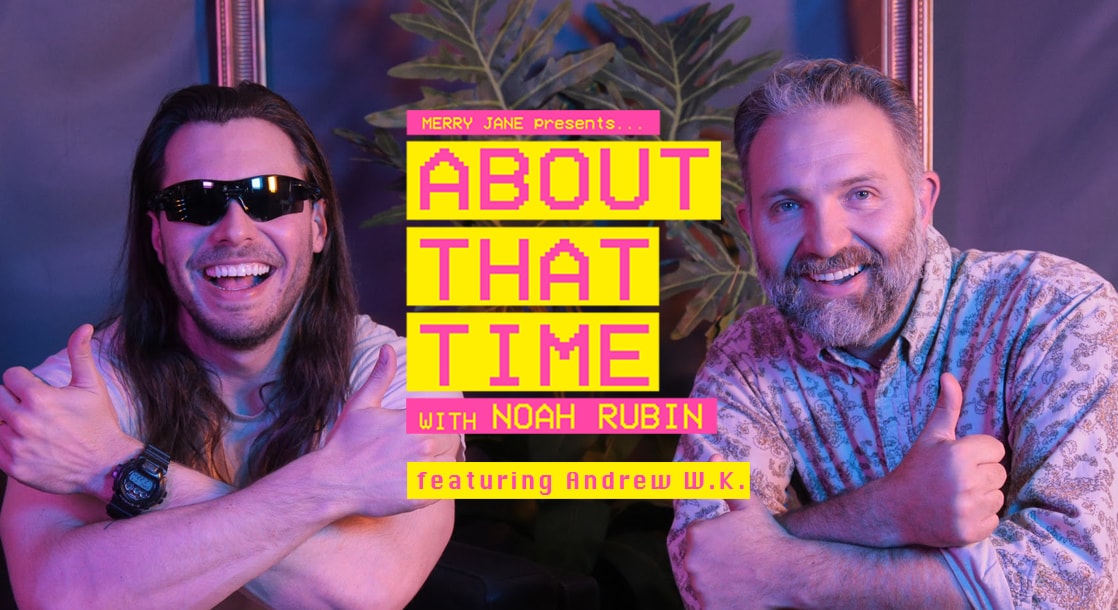Photo via iStock/ YinYang
A measure allowing Utah residents to vote on implementing a medical cannabis program is finally advancing to the November election ballot, now that an opposition group has withdrawn their legal challenge to the initiative. Beginning last year, the Utah Patients Coalition (UPC) collected over 150,000 signatures on a petition to place the medical marijuana initiative on the ballot, but opponents have worked hard to interfere with the process.
Drug Safe Utah — an anti-cannabis activist group supported by the Utah Medical Association and the federal Drug Enforcement Agency — launched repeated efforts to derail the legalization measure. First, the group began using allegedly “deceptive” tactics to convince voters who signed the petition to rescind their support. Failing that, the group then sued the state, arguing that the federal prohibition of cannabis would prevent the state from legalizing medical marijuana.
Blake Ostler, attorney for Drug Safe Utah, argues that the initiative will allow the cannabis industry to exploit residents of the state. “This is a ramrod of people who stand to make billions of dollars to be able to exploit people the same way tobacco growers and opioid manufacturers did,” he explained to the Salt Lake Tribune. “This is not in the medical interest of those who need medical marijuana if there are appropriate uses that can be designated.”
This week, Ostler’s group dropped the lawsuit, clearing the path for the ballot measure to appear before voters in November. “With this frivolous lawsuit dropped now by Drug Safe Utah, the patients and advocates of cannabis reform in Utah are one step closer today to giving medical patients access to their medicine, without being criminalized, than we were yesterday,” UPC director D.J. Schanz said to the Tribune.
The fight is far from over, however. Ostler said that if voters did approve the law, he would consider suing to overturn the measure. The attorney argued that Utahns were essentially being tricked into supporting the measure, as he apparently believes they’re not capable of making an informed decision on the matter. “Expecting the voters of the state of Utah to read it and understand it as is required by law is a very tall tale,” Ostler told the Tribune. “They’re getting media reports about what this does and making decisions about it.”
A recent poll found that a majority of Utah voters support legal medical cannabis, but political, medical, religious, and law enforcement leaders in the state are generally united against the measure. Gov. Gary Herbert said that he is generally open to the idea of medical cannabis, but opposes this specific ballot measure due to its lack of restrictions. The Church of Jesus Christ of Latter-day Saints, which counts around two-thirds of the state's population among its members, also strongly opposes the measure.
David Magleby, professor of political science at Brigham Young University, told the Associated Press that he believes that the measure has a 50-50 chance of passing. “This is a Republican state, a conservative state and a moderate Republican governor and a very conservative Republican legislature are opposed to it,” he said. “And then there’s the LDS church that’s involved. For some people I think that position is going to be definitive.”
Schanz said that he intends to continue his fight to generate public support for the measure, and campaigners will focus on restrictions included in the initiative, particularly the fact that it will not allow smokable medical marijuana. “The idea that it’s not smoked is a very Utah thing,” Schanz said to the AP. “That’s something that Utahns have a high aversion to; not so much the rest of the country.” Schanz said he would also share the stories of several LDS church members who have used medical cannabis to treat ailments, in order to draw support from their peers.











